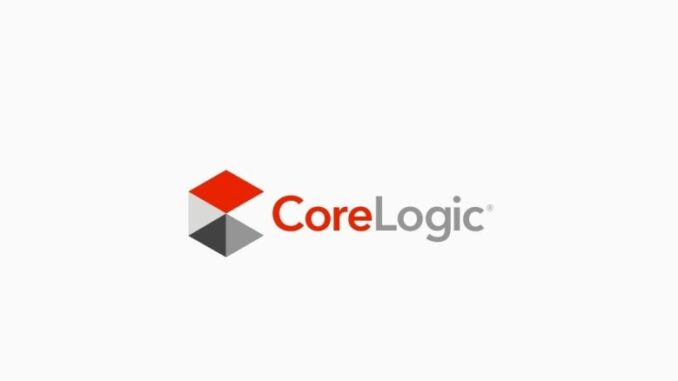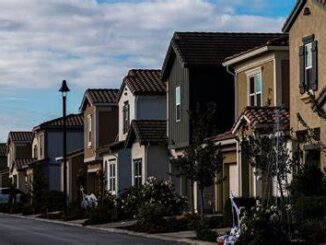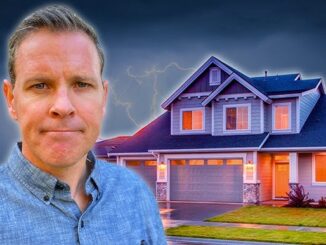
People spent $2.8 trillion on homes last year, setting an all-time high.
- According to the report, at the end of 2021, prices were 50% above their highest point before the market crash in 2006.
How hot was the housing market in 2021? About $3 trillion hot, according to a report from CoreLogic.
The company, which analyzes information, assets and data to provide clients with analytics and customized data services, said people spent $2.8 trillion on homes last year, setting an all-time high and beating the previous record holders, 2020 and 2005, by more than $600 million.
And if you compare the total transactions in 2021 to 2011, the total amount spent on housing sales was under $1 trillion, more than $2 trillion less than last year.
Thom Malone, an economist with CoreLogic, said the biggest reason for the surge was home price increases.
According to the report, at the end of 2021, prices were 50% above their highest point before the market crash in 2006. Additionally, sales were elevated and 2021 had the largest number of transactions in more than 15 years. And for the fourth time in history, the number of residential units sold exceeded 7 million.
Malone said the different types of homes that were purchased was also important.
“The houses we buy are bigger,” he said.
According to the report, home sales in the 2000s favored smaller units in lower-priced areas, reflecting the prevalence of subprime mortgages at the time.
But since 2020, sales have aligned with more expensive and spacious homes that can facilitate home offices. The average square footage of a home purchased in 2005 was 1,750 square feet, which is 90 square feet smaller than in 2021, according to the report.
The question now is will 2022 top 2021, Malone asked.
The answer, according to the report, is probably not. Even though there were strong price increases in January and February of this year suggest that it is possible, but overall, it seems unlikely. Such high prices combined with interest rate increases will most likely squeeze buyers’ budgets, and sales will reorient to favor smaller units in lower-priced areas. Prices and sales could remain high, but less money may be spent in total, Malone said.
Source: Nationalmortgageprofessional.com



